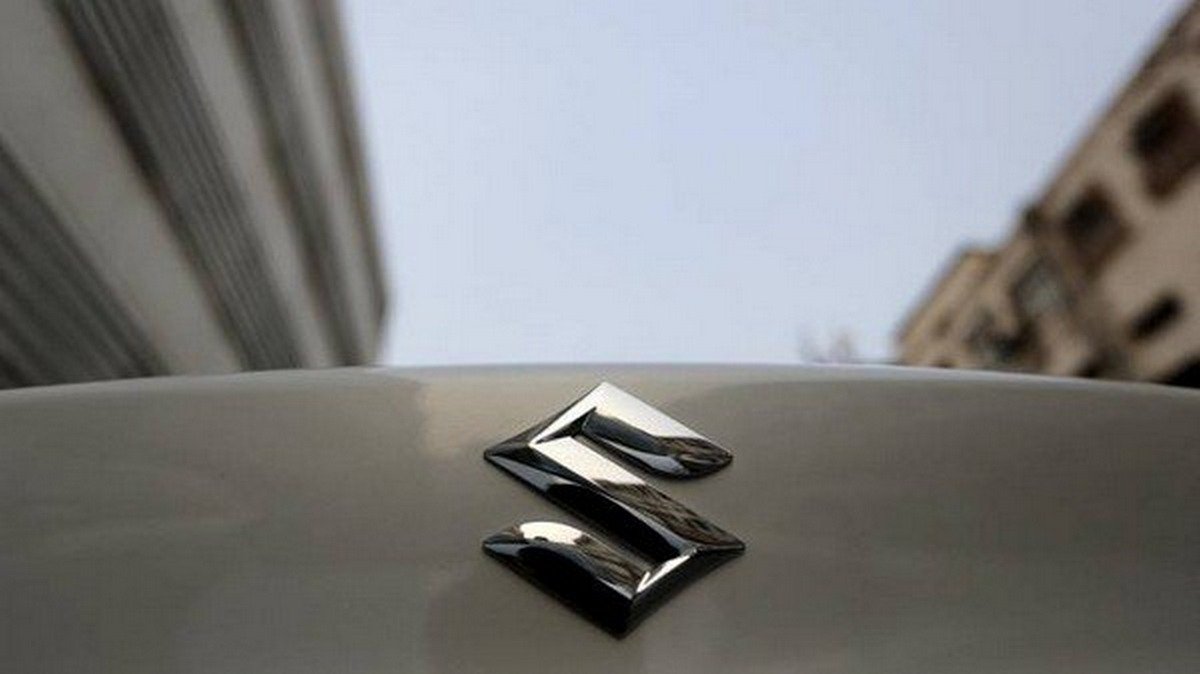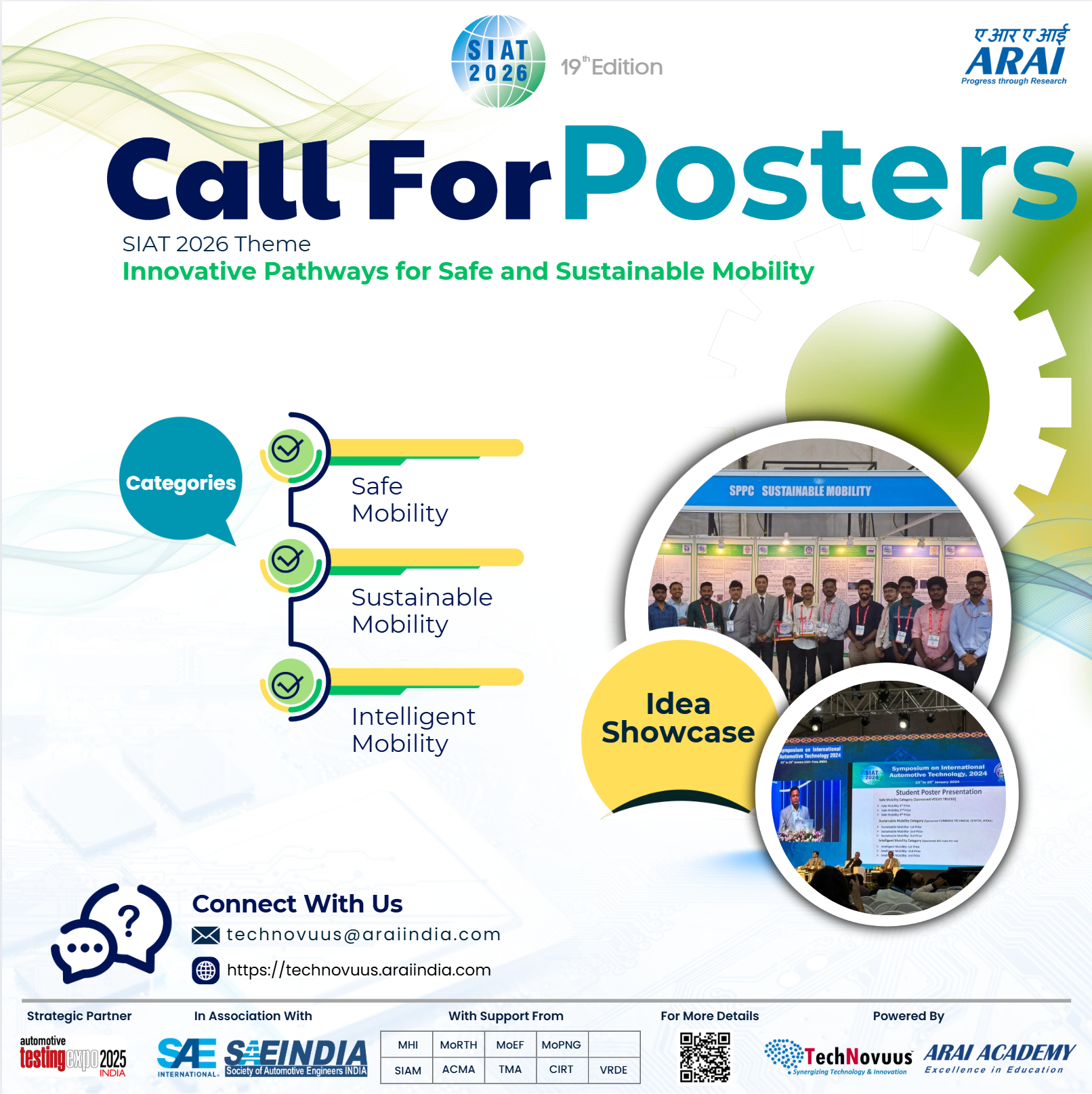
Maruti Suzuki, India’s largest car maker, is developing hybrid electric vehicles (HEV) that can be charged on the run, independent of power supply from roadside infrastructure.
The Delhi-based company, which has been slow in adopting EVs compared to peers like Tata Motors, Mahindra and Hyundai, is working on HEVs with another Japanese heavyweight Toyota.
In self-charging cars, an internal combustion engine (ICE) provides energy to the batteries besides wheel rotation which is an additional power source. Since batteries power the car such a vehicle delivers higher mileage than a pure ICE car.
In 2020 in Europe Suzuki had launched the Swace, a hybrid electric vehicle which was developed in partnership with Toyota since it is based on the Toyota Corolla estate. The combination of 3.6 kW battery and a 1.8 litre petrol engine the self-charging Swace delivers a mileage of 27 km per litre.
Car makers say India’s EV charging network is underdeveloped, prompting them to go slow in switching to EV mobility. Along with Maruti Suzuki, companies like Volkswagen, Renault, Nissan, Honda and Kia do not have any immediate plans of getting into EVs primarily due to the high acquisition cost and lack of adequate charging infrastructure.

Ministry of Heavy Industries seeks to engage one (1) Consultant (Young Professional) to attend to specific and time-bound tasks of the Ministry. Only a person with the requisite qualification and...
Learn More
MHI Advertisement MHI advertisement dated 05.12.2025 for engagement of Consultant Grade-1 in MHI, GOI For details, please click the link...
Learn More
The Automotive Research Association of India (ARAI) said Wednesday that its first, specifically designed Advanced Driver Assistance Systems (ADAS) testing track is more than 90% finished. The...
Learn More
SPPC 2026 The 19th edition of SIAT (SIAT 2026) has a central theme of “Innovative Pathways for Safe and Sustainable Mobility”. It is being organized from January 28, 2026, to January...
Learn More